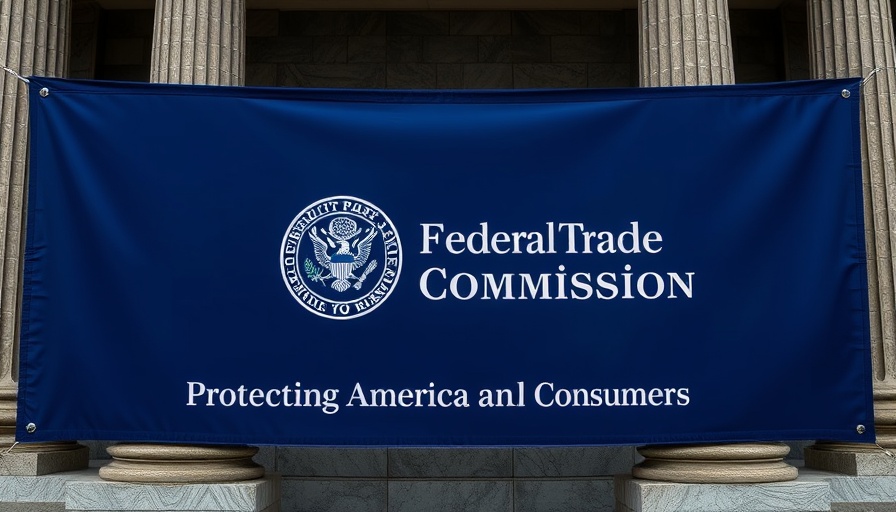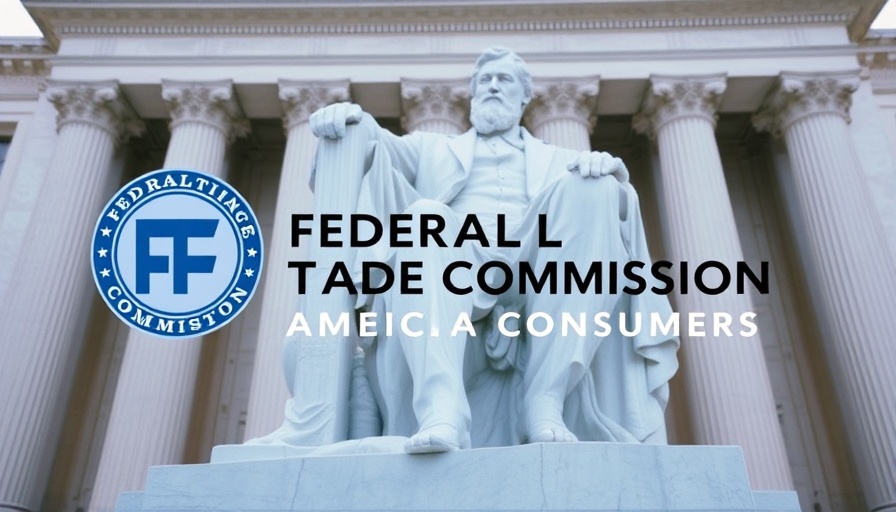
The Rise and Fall of Student Loan Fraudsters
In a significant crackdown on a fraudulent operation, the Federal Trade Commission (FTC) has permanently banned the notorious Panda Benefit Services and its affiliates from participating in the debt relief industry. This decision comes following allegations that the company misled consumers, falsely advertising itself as a government-endorsed entity offering student loan forgiveness.
Unmasking the Fraud: How Scammers Targeted Vulnerable Consumers
The FTC's lawsuit detailed that Panda Benefit Services deceived individuals burdened with student loans into paying substantial fees—often ranging from hundreds to thousands of dollars—for non-existent loan forgiveness programs. This tactic exploited the already vulnerable position of borrowers seeking financial relief. The perpetrators posed as affiliated with the U.S. Department of Education, preying on consumers' hopes and desperation.
Lessons Learned: The Importance of Consumer Vigilance
This case underscores the critical need for consumers to research and verify any debt relief service thoroughly. With over $1.7 trillion in student loan debt in the U.S., the demand for legitimate assistance is at an all-time high. However, as this unfortunate event illustrates, fraudsters continue to find ways to exploit individuals, drawing attention to a crucial point: vigilance is key.
Implications for Business Brokers: What to Watch For
For business brokers, this FTC action serves as a cautionary tale when dealing with companies in the debt relief sector. Brokers should vet potential partners carefully and ensure that any debt relief companies they work with are legitimate and compliant with regulations. This not only protects consumers but also safeguards the reputation and integrity of the brokerage business.
As Director Christopher Mufarrige stated, “Consumers looking to pay off their student loan debt should not have to worry about being scammed.” It is incumbent upon both consumers and professionals in the industry to remain informed and proactive in the fight against fraud.
 Add Row
Add Row  Add
Add 




Write A Comment